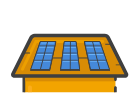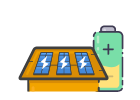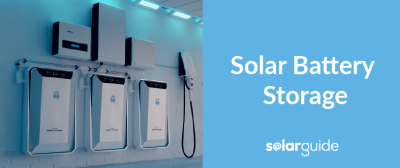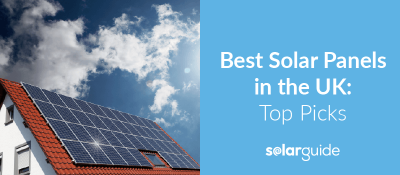Solar Electricity - The Facts Broken Down
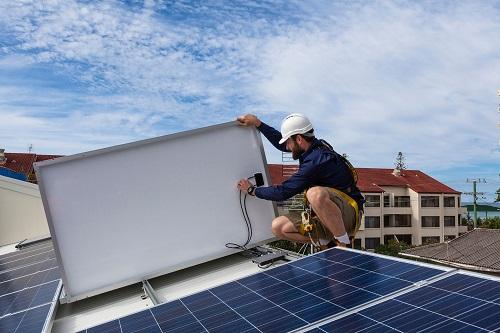 Solar electricity is created by using solar photovoltaic (PV) technology, which harnesses the free, clean renewable energy of the sun.
Solar electricity is created by using solar photovoltaic (PV) technology, which harnesses the free, clean renewable energy of the sun.
The solar PV systems are made up of an array of cells which contain a solar PV material that converts solar radiation into direct current electricity.
By generating electricity using sunlight, the sun can be used to provide power for electrical equipment and household appliances and lighting.
Contrary to widely held beliefs, solar PV cells do not need constant direct sunlight to work. Which means even on cloudy days a certain proportion of electricity can still be generated, making solar electricity a highly viable option, even in a country like the UK which is known for its ever changeable weather.
Is solar electricity a viable option for me and my home?
There are a few things worth considering when it comes to determining whether solar electricity is suitable for your home and your needs:
- The area where you will be installing your solar panels needs to be unshaded. So you’ll need to investigate whether the area is shaded by trees or other buildings.
- For roof mounted solar panels, your roof needs to be secure enough to take their weight. This is particularly important if the solar panels are to be placed on top of existing roof tiles.
- Solar PV panels require significant roof space, but if you haven't got enough space on your roof they can also be fitted to an A frame and installed in your garden or paddock.
- For the solar panels to be most effective, walls and roofs should ideally be south facing at a pitched angle of 30-40 degrees. Solar panels are generally not recommended for north facing roofs.
How much will it cost me?
The cost of solar PV panels continues to fall, but an average solar electricity system (2.8kWp) will cost around £11,000. Generally speaking, systems can cost around £3,000 to £4,000 (per kWp) installed.
Use our solar calculator for more precise costings
Top benefits of solar electricity
- It can help reduce your fuel bills because by generating your own electricity costs will be reduced considerably. A 2.8 kWp system can generate in the region of 35% of an average household’s annual electricity needs.
- Solar electricity is a green, renewable energy source. It doesn’t generate greenhouse gases or cause pollution, which makes solar PV systems environmentally friendly. So you can do your bit for the environment by helping to cut your carbon footprint.
- It’s a renewable energy source. So when other sources – coal, for example – eventually run out, the sun will still be around, doing what it does best – shining.
- Solar electricity requires little or no maintenance.
Find local, MSC certified Solar Installers
Start your quote
Find local, MSC certified Solar Installers






